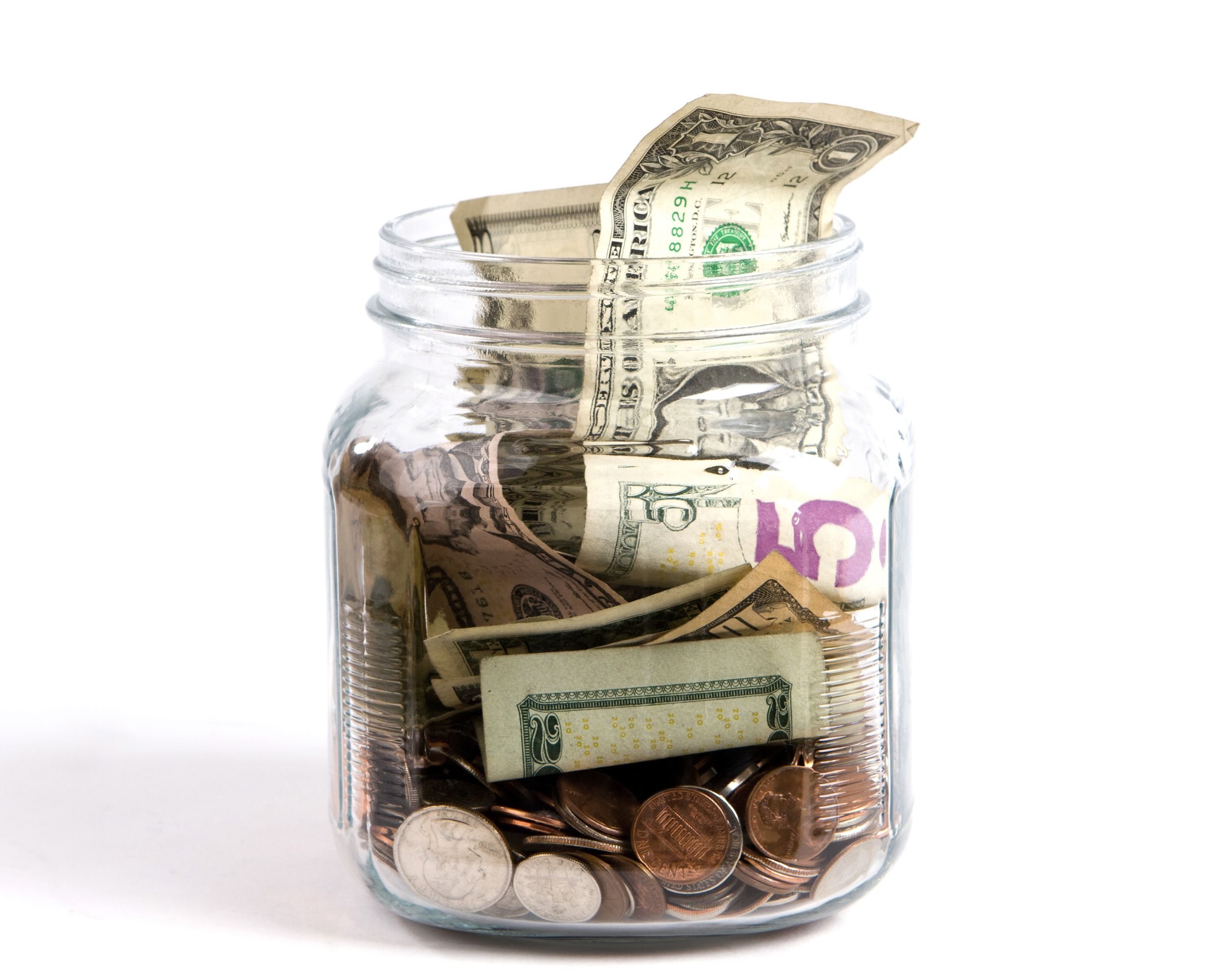The holidays are especially joyous with an annual bonus from your employer. According to a recent survey by the consultancy Accounting Principals, 63 percent of surveyed companies are doling out holiday bonuses or gifts, compared with 75 percent last year. (Reasons vary, including companies saying they give more rewards at other times of the year.) If you’re on the receiving end of a year-end bonus, what should you do with the extra cash?
1. YOUR BONUS AND TAXES

First things first: It’s important to understand how much of the bonus you actually get to keep. Because a bonus is considered supplemental income, there are several ways for employers to process it, and they may withhold a large amount for taxes. Federal and state governments consider bonuses ordinary income and tax them accordingly.
A bonus may push you into a higher tax bracket, but the marginal tax rate system means paying additional taxes only on the income earned above the bracket’s floor. On the other hand, if the bonus pushes total income above a certain point, you may become ineligible for certain tax deductions. This is rare for middle-income earners, however; it typically hits high-income individuals, and there are ways to offset the increased pay by planning ahead.2. INCREASE THE VALUE OF YOUR BONUS

One way to make the most of your a is to stash it in an investment account. This can be a good opportunity to get started on retirement savings you keep putting off until you have “enough” to set aside. Contributing to an IRA or 401(k) may offer tax advantages, so research carefully before forging ahead.
3. PAY DOWN DEBT

Perhaps you went a little overboard during the holidays and the credit card bills are arriving. Paying down debt isn’t the most enjoyable way to use a bonus, but by reducing or eliminating interest payments, you’re actually getting more out of that extra money. A few studies summed up by Forbes suggest following the debt “snowball” method: Wipe out the smallest debt to get the ball rolling, so to speak. Alternatively, go with the “avalanche” method and pay down debt bearing the highest interest rate, a tactic that saves the most money in the long run.
4. CREATE A RAINY DAY FUND

Putting money aside for emergencies can ensure that a single incident (for example, an injury, job loss, or car trouble) doesn’t leave you in a deep hole. If there’s no debt, financial planners suggest building your emergency fund until it can cover at least three months of living expenses. If you do owe money, you should still put a sizeable lump sum into a rainy day fund and use the rest of a bonus to winnow down the debt.
5. FOLLOW THE 50-30-20 RULE

Financial experts often refer to the 50-30-20 rule: Earmark half of after-tax income for basic living expenses and debt reduction, 30 percent to spend on whatever you’d like, and the remaining 20 percent for a savings account. Divvy up a bonus the same way.
Trending on Cheapism
6. HAVE FUN

If you don’t have any debt and already maintain an emergency fund to cover up to six months of living expenses, take the money and have some fun. Although investing the bonus would certainly be smart, you’re probably entitled to a bit of a reward.
7. INVEST IN YOURSELF

If you’ve been eyeing a personal development course, considering training for a career change, or trying out the latest fitness trend, a bonus can help afford it. The initial outlay may not be trivial, but it can pay for itself over time in the form of a salary bump or lower medical bills.
8. SHARE THE WEALTH

Whether you go home to a family or spend evenings with close friends, use a portion of your bonus to treat those near and dear to you. Take a family vacation or pick up the group’s tab for a sporting event, concert, or dinner out.
Sign up for our newsletter
9. GIVE BACK

Many people look for ways to give back during the holiday season. For some that means volunteering at a soup kitchen; for others it means making financial contributions to charities they support. Committing part of a bonus to further good works after the holidays are over is personally rewarding (and a tax write-off if you itemize deductions).
10. DON’T SPEND WITHOUT THINKING

Whatever happens with a holiday bonus, make sure you have a plan before the spending starts. Don’t throw the money into an investment without doing the same due diligence you would otherwise perform. Likewise, don’t buy on impulse; call on your usual frugal practices and research your way to good deals.






